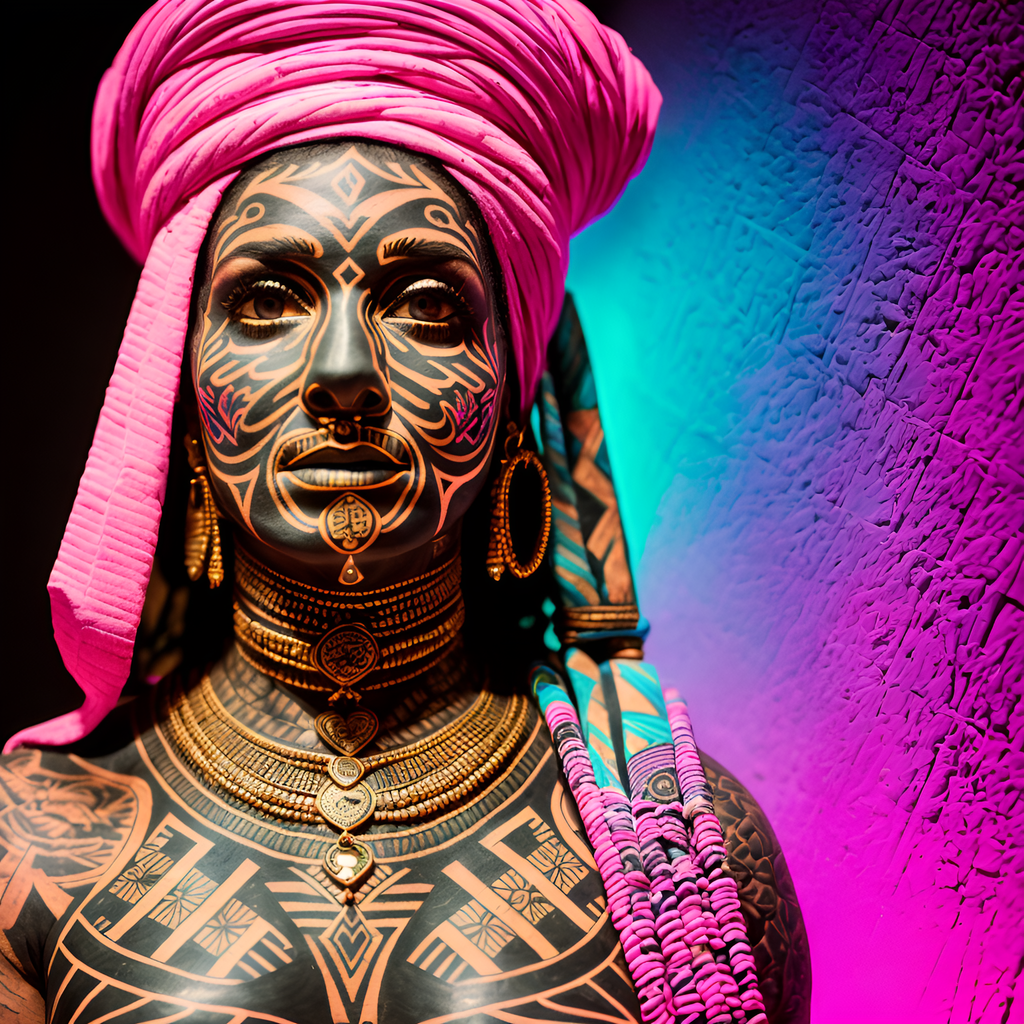
The 10 Most Important Things You Should Know Before Getting Tattooed

Getting a tattoo is a big decision that should not be taken lightly. Before you take the plunge and get your first tattoo, you should know some essential things. Luckily, The Ultimate Tattoo Guide by Electric Linda can help ensure you're well-informed and prepared. This guide is an essential resource for anyone considering getting a tattoo.
Here is a list of the 10 most important things you should know before getting tattooed:
1. Research and choose a reputable tattoo artist: Take the time to find an experienced and skilled tattoo artist who specializes in the style you desire. Look at their portfolio, read reviews, and ask for recommendations to ensure you're in capable hands. The Ultimate Tattoo Guide also provides helpful tips on how to find a reputable tattoo artist and what to expect during the tattooing process. It also includes a comprehensive list of questions to ask your tattoo artist before you get started. This guide is an invaluable resource for anyone considering getting a tattoo, as it helps you make an informed decision and ensures that your tattoo experience is positive.
2. Hygiene and safety: Prioritize cleanliness and safety. Ensure the tattoo studio follows strict hygiene practices, including using sterilized equipment, disposable needles, and proper sanitization procedures.

3. Permanent decision: Remember that getting a tattoo is a lifelong commitment. Tattoos are difficult and costly to remove, so carefully consider the tattoo's design, placement, and significance before making a decision.
The Ultimate Tattoo Guide covers all the basics of tattooing, from choosing a design to understanding the healing process. It explains the different types of tattoos, how to choose the right design, and how to ensure you get a quality tattoo. It also provides detailed information about caring for your tattoo and keeping it looking its best for years to come.
4. Pain tolerance: Tattoos can be uncomfortable or painful, depending on the individual's pain tolerance and the location on the body. Be prepared for some level of discomfort during the tattooing process.
5. Allergies and skin sensitivity: Inform your tattoo artist about any known allergies or skin sensitivities you may have. This will help them select appropriate ink and ensure you don't experience any adverse reactions.

6. Proper aftercare: Follow the aftercare instructions provided by your tattoo artist to promote proper healing. This typically includes keeping the tattoo clean, applying ointment, avoiding direct sunlight, and refraining from picking at scabs.
7. Long-term care: Tattoos require ongoing care even after they have healed. Protect your tattoo from excessive sun exposure by using sunscreen, moisturize regularly, and avoid activities that may damage or fade the tattoo.
8. Potential health risks: While rare, there is a slight risk of infection or other complications associated with getting a tattoo. If you notice any signs of infection (e.g., excessive redness, swelling, or discharge), seek medical attention promptly.

9. Considerations for employment: Keep in mind that certain industries or employers may have policies regarding visible tattoos. If you work in a field where tattoos may be a concern, think about the placement and visibility of your tattoo.
10. Think long-term: As you age, your skin will change, and the appearance of your tattoo may alter over time. Consider how your tattoo might age and whether you will still be happy with it in the future.
Remember, getting a tattoo is a personal choice, so take the time to make an informed decision that you'll be comfortable with for years to come

So if you're considering getting a tattoo, make sure you do your research and get The Ultimate Tattoo Guide. This guide is an essential resource for anyone considering getting a tattoo, and it will help you make the best decision for your body and your future.






